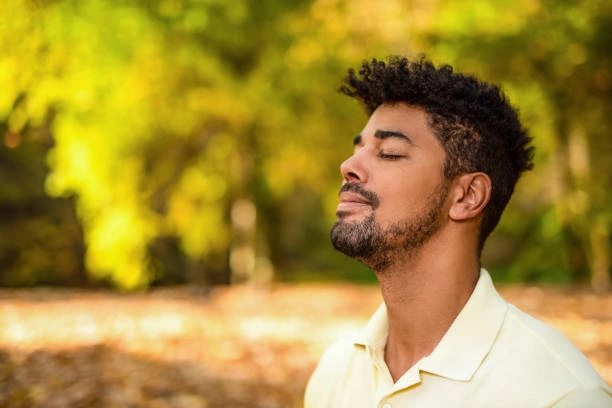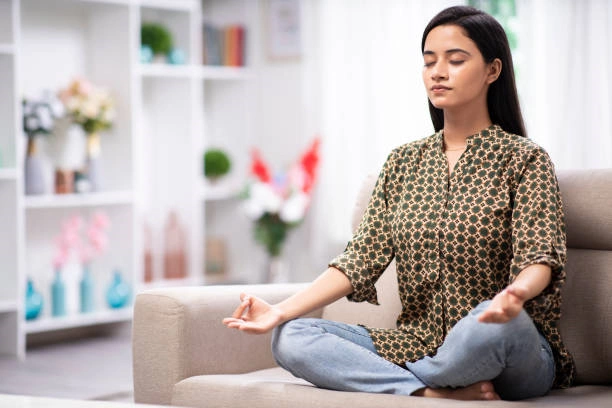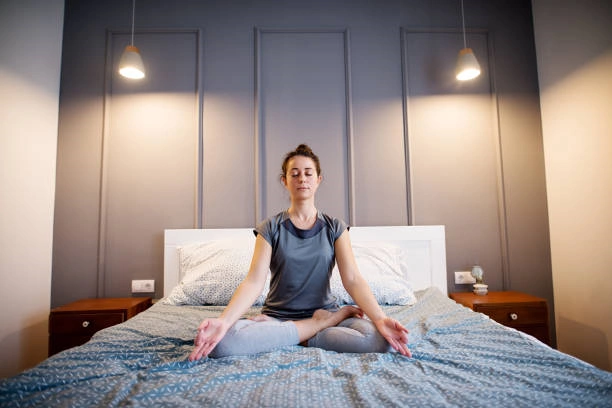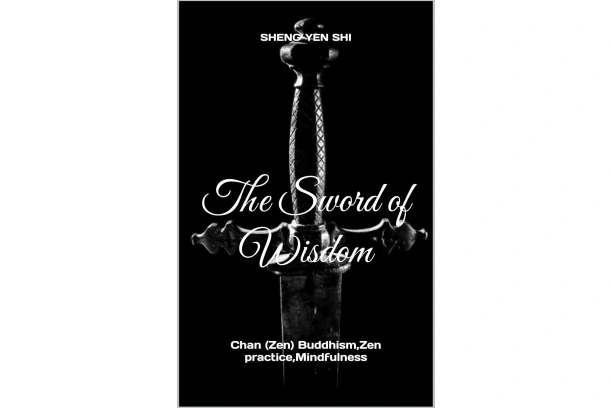Meditation: Why It’s the Key to Easing Anxiety
In today’s fast-paced world, we seem to be caught in an endless whirlwind. The constant noise around us crashes over our already tense nerves like waves, making us feel even more vulnerable. Have you ever found yourself staring at the ceiling late at night, filled with endless anxiety? Or in the middle of a busy day, longing for a peaceful place to escape from the chaos? Today, let’s talk about how meditation—a mental relaxation practice—can help ease anxiety and shield us from external disturbances.
Anxiety – The “Curse” of Modern Life
We live in an age of information overload, bombarded daily with an avalanche of data. From work pressures to life’s small worries, from overwhelming social media updates to the surrounding noise, each bit takes a toll on our inner peace. Anxiety is like an invisible “curse,” slowly tightening around us, leaving us tense and exhausted.
Research shows that more and more people are struggling with anxiety. In cities, we see people rushing around with weariness and anxiety in their eyes—young people juggling mortgage payments, and middle-aged adults burdened with family matters. Anxiety shadows us constantly. It might strike while you’re waiting for the bus or wrap around you when you’re facing a work challenge. This anxiety affects not just our mood but also our mental and physical health, leading to issues like insomnia, loss of appetite, and weakened immunity for those who remain in this state too long.
Meditation – A Harbor for the Mind
In this sea of anxiety, meditation is like a peaceful island, offering us a safe place to rest. Meditation, an ancient and mysterious practice, is simpler than we imagine. It’s like a deep breath for the mind, allowing us to find a moment of calm amid the chaos.
When we begin meditating, the first step is to find a comfortable position. You might sit cross-legged on a soft mat with a straight back, or lie down in bed, relaxing your body. Then, gently close your eyes and focus on your breathing. Feel the air slowly entering through your nose, passing down your throat, filling your lungs, and then slowly leaving. Each breath feels like a conversation with your inner self. During this time, external noise and chaos gradually fade, and our mind becomes clear and peaceful.
Meditation doesn’t help us escape reality; it helps us face it with a calmer, more resilient heart. Just like a tree rooted firmly in the ground during a storm, even as the world around it rages, it stands tall and unwavering.
The Science of How Meditation Eases Anxiety
You may wonder why meditation can relieve anxiety. The answer lies in profound scientific principles. From a neuroscience perspective, when we’re anxious, our brain is in a heightened “stress mode.” Meditation regulates neurotransmitter levels in the brain, reducing cortisol (a stress hormone) and increasing serotonin and dopamine, which promote relaxation and happiness.
In fact, consistent meditation can even change the brain’s structure. Studies have found that the prefrontal cortex and hippocampus—areas associated with emotion regulation, focus, and memory—are more developed in regular meditators. This means that meditation nurtures a fertile ground for positive thinking, allowing optimism to flourish in our minds.
From a psychological perspective, meditation trains us to focus on the present moment. Anxiety often stems from worries about the future or regrets about the past. By concentrating on our breath in meditation, we’re training ourselves to pull attention back from those imagined worries and regrets to the present reality. This focus helps us handle life’s challenges without drowning in anxiety.

How to Start Your Meditation Journey
If you want to try meditation to ease anxiety, you may feel unsure about where to start. Meditation has no fixed method; it can be adjusted based on personal preferences and needs.
- Choose a Suitable Time and Place: Early morning when the world is still quiet or at night before bed to unwind from the day’s fatigue are ideal times. Find a quiet, comfortable, undisturbed place, whether it’s your bedroom or a peaceful park corner.
- Be Gentle with Yourself: Don’t judge yourself if your mind wanders during meditation—this is natural. Simply guide your attention back to your breathing, just as you would gently call back a playful puppy that strays.
- Try Meditation Aids: Soft meditation music or guided meditations can help. Gentle music is like a breeze, soothing the mind and helping you enter a meditative state, while guided meditations act as a caring mentor, pointing the way when you feel lost.
Meditation and Shielding Against External Distractions
In our complex world, it’s easy to get distracted by outside influences, like phone notifications or people’s conversations. Meditation not only helps us relieve anxiety but also teaches us how to protect ourselves from these distractions.
By training our focus, meditation equips us with a kind of mental armor. When faced with disruptions, we can stay calm and composed. We’re no longer the person who panics at every disturbance, but someone who can maintain inner peace even in noisy surroundings. This skill is invaluable, not only during meditation but also in everyday work and life. For example, at work, we can handle unexpected issues calmly and methodically. In social situations, we’re less influenced by others’ words or actions and can hold our own.

Commit to Meditation – Begin a Journey of Inner Transformation
Meditation isn’t a quick fix; it requires commitment, like tending a beautiful flower, watering it, nurturing it with care. At first, you may not notice significant changes, but with persistence, you’ll see your mind undergoing a wonderful transformation.
Over time, you’ll become less sensitive to anxiety. The things that once easily made you anxious will become easier to face. Your sleep quality will improve, appetite will return to normal, and you’ll feel full of energy. This transformation isn’t just physical; it’s also mental. Your inner self becomes stronger and more peaceful, like a deep lake that remains calm even when a stone creates ripples that quickly fade.
In this noisy world, we’re all seeking a way to relax our minds. Meditation is that magical key, opening a door to a tranquil inner world. Let’s embark on a meditation journey together, freeing ourselves from anxiety’s grip, distancing ourselves from external distractions, and embracing a better version of ourselves.
You can cultivate inner peace through meditation. We sincerely recommend you to check our ebook The Sword of Wisdom: Chan (Zen) Buddhism,Zen practice,Mindfulness. In this book, you may can look for the right answer.








